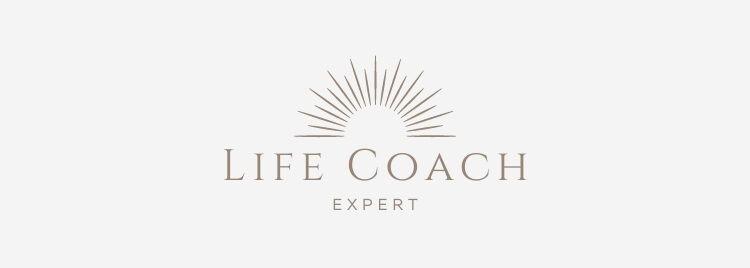One thing is for certain when it comes to debt – it’s far easier to get into than it is to get out of. And the more credit agreements you have, the more likely you’re going to end up in financial difficulty at some stage.
Warning Signs
One of the biggest signs that should have the alarm bells ringing is if you have multiple credit and/or store cards where you are only able to pay off the minimum payment each month. If this sounds like you, you are starting to head into a spiral of debt which you might not be able to get out of. You may be able to manage for a few short months after this realisation but it’s inevitable that, at some point, you are going to hit a brick wall and discover that there is more money going out than is coming in each month and that you’re no longer to make even the minimum payments. So, what next? Well, before taking a look at debt consolidation, the first thing you MUST do is to curb your spending. You’ll need to sit down and work out all of your income and outgoings and draw up a strict budget. This might not be easy but it’s an absolute necessity and details can be found within another article in this section.
After that, however, the mountain of debt will still be there and debt consolidation can be one of the ways which can often help people to get back on their feet again.
Debt Consolidation
A debt consolidation loan enables you to lump all of your debts into one affordable loan with one single monthly repayment and then you can use the loan to pay off all of your credit cards and store cards. It’s not for everybody and you should seek independent advice first of all but it has enabled thousands of people avoid CCJs and even bankruptcy and, used wisely, it can even help people to get back on a much firmer financial footing.
The fact is that credit cards, especially store cards, come with very high rates of interest. Therefore, if you’re only ever making the minimum payments, you’re only really paying off the previous month’s interest and barely skimming the surface of what you owe. Therefore, the amount you owe remains roughly the same. Now, if you multiply that by 5 or by 10, depending on the number of cards you might have, can you imagine the effect? For example, let’s say you made minimum payments totalling £200 on 5 different cards each month. Now, look at it like this – you’re only paying the interest so the debt on all 5 cards stays the same. In effect, you might as well be giving £200 away to a stranger on the street! Is that wise? So, if this sounds like you, perhaps debt consolidation should be considered.
Instead of having to remember to which company, what amounts and what dates you have to make your payments each month – which, in itself can result in missed payments or underpayments which equals more penalty charges, you’ll just be making one fixed payment to one company on one date each month. And, as the loan will certainly charge less interest than you were paying previously, you should find that it frees up some additional income each month.
You do need to seek advice though as it may well be that the duration of the loan ends up working out that you’ll have to repay more money in total over the loan’s entire duration. Plus, if the loan is secured, you may end up in a far worse position if you’re still having difficulty repaying the loan as your home could be at risk if you fall into arrears.
However, for many people, debt consolidation can be a total lifeline and can help them to regain control over their finances and to avoid an even greater financial disaster.
If this might be a possible solution for you, it’s useful to seek out the advice of an independent financial broker who can look at your own specific circumstances and advise you on the best course of action to take.
And, on a highly important note to end – remember to cut up all of your credit cards and store cards if you decide to take out a debt consolidation loan so that you cannot run them up again and find yourself in the same situation but in twice the amount of trouble as you’ll have the loan to repay as well.
